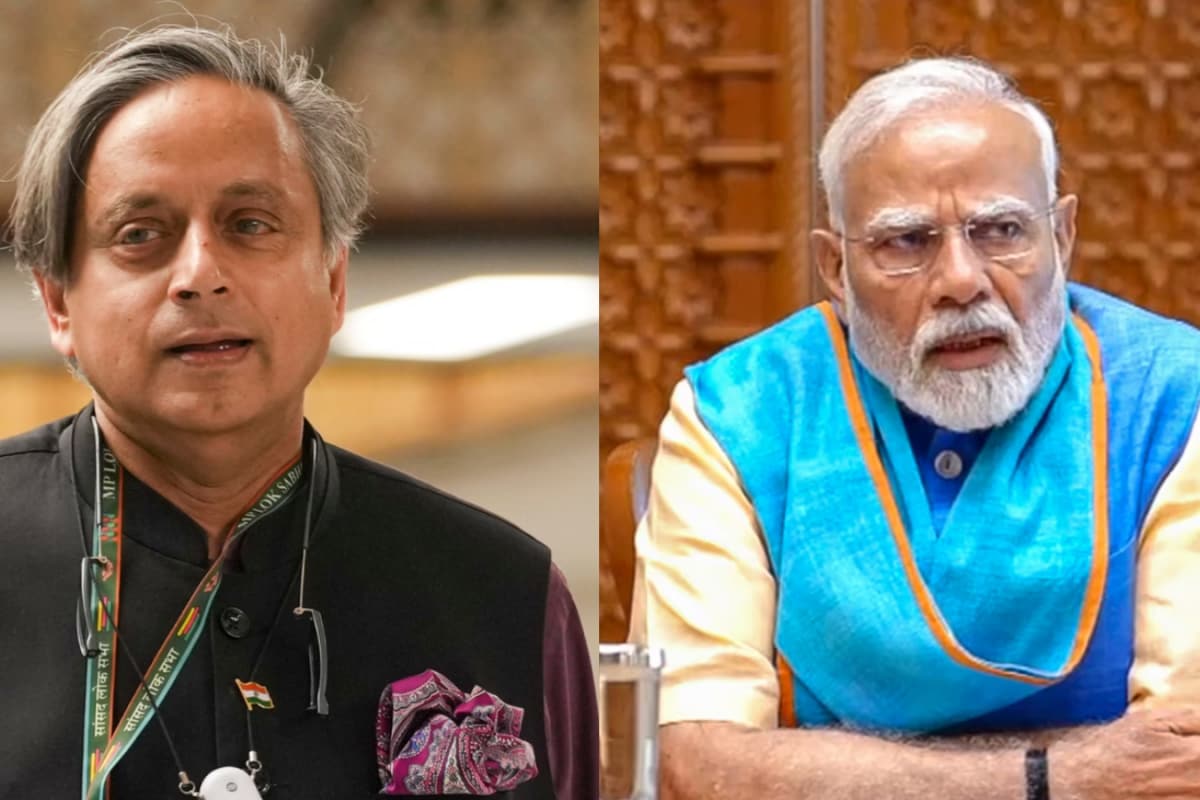

Amidst recent political turbulence, Shashi Tharoor, a prominent Member of Parliament from the Indian National Congress, has been entrusted with a significant role in the Modi government's global outreach plan concerning Pakistan-sponsored terrorism. This development comes after a major terrorist attack in Pahalgam that killed 26 civilians. The government is planning a mega diplomatic outreach in response to the attack.
The government intends to dispatch teams comprising political leaders, former diplomats, and experts to various countries across key regions to present India's perspective on the Pahalgam terror attack and the ensuing clashes with Pakistan. These groups will engage with lawmakers, officials, and think tanks to communicate India's stance on the cross-border connections to the attack and India's military actions targeting terrorist infrastructure in Pakistan.
Tharoor's appointment as Chairman of the Committee on External Affairs on September 26, 2024, underscores the significance of his role in shaping India's foreign policy. His extensive experience as a former Under-Secretary-General of the United Nations and his deep understanding of international relations make him a valuable asset in this endeavor.
This move by the Modi government can be seen as an attempt to build a broader consensus on India's approach to dealing with Pakistan-sponsored terrorism. By including a senior opposition leader in this outreach program, the government aims to present a united front to the international community.
Tharoor's willingness to collaborate with the government on this issue reflects a shared concern over the threat of terrorism emanating from Pakistan. In the past, Tharoor has lauded Prime Minister Modi's foreign policy initiatives, particularly his outreach to the Islamic world. He has also acknowledged the government's efforts in promoting India's soft power through initiatives like the Vaccine Maitri program.
Following the Pahalgam attack, Tharoor defended India's missile strikes in Pakistan and Pakistan-Occupied Kashmir as a justified response, emphasizing that the global community largely recognizes India's right to respond to cross-border terrorism. He highlighted that countries like France, Russia, and Israel have supported India's actions, while even China has urged peace, signaling that India acted responsibly.
However, Tharoor has also faced criticism from within his own party for his remarks supporting the government's actions. Some Congress leaders felt that he had crossed a line by endorsing the air strikes in Pakistan. Tharoor clarified that his statements were his personal views and that he was not speaking on behalf of the party or the government.
Despite these internal disagreements, Tharoor's inclusion in the global outreach plan signals a bipartisan effort to address the issue of Pakistan-sponsored terrorism. His role will likely involve articulating India's concerns to foreign governments and opinion leaders, highlighting the need for international cooperation in combating terrorism. He has previously served as Minister of State for External Affairs, giving him experience in diplomacy.
The planned diplomatic outreach also aims to counter Pakistan's narrative and expose its support for terrorist groups operating on its soil. By engaging with various stakeholders, India seeks to build a stronger international consensus against terrorism and to isolate Pakistan diplomatically.